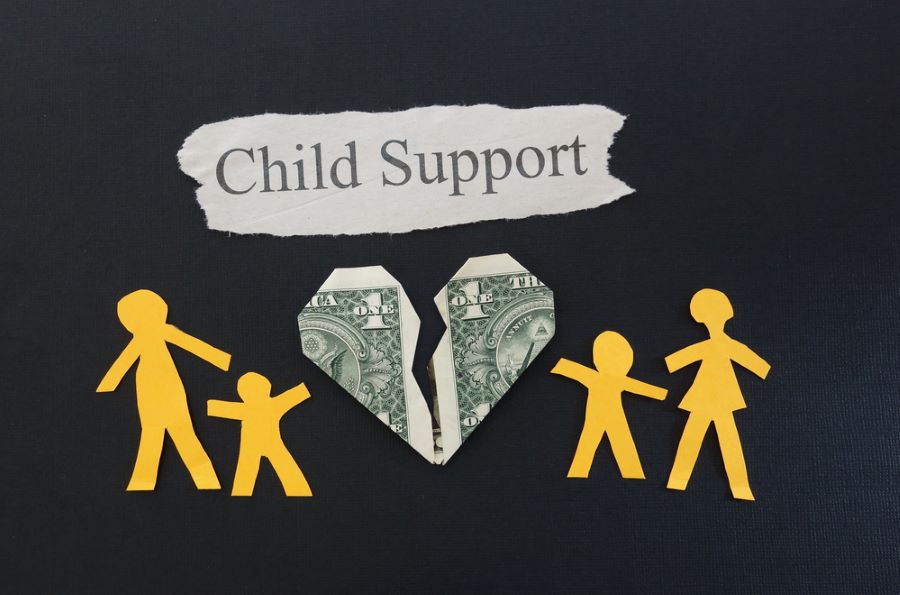(609) 737-3030
Emancipation and Child Support

Typically emancipation occurs when a child reaches 18 years of age and/or becomes financially independent. In New Jersey, however, a child is not automatically emancipated at the age of 18.* To emancipate a child, one of the parents must ask the court to end or change the support order, or both parents can agree and sign a request for case closure. However, it should be noted that the right to receive child support belongs to the child alone and cannot be waived, modified, or negotiated away by the child’s parents. Also, the emancipation of a child does not automatically excuse the payment of accumulated arrearages.
The courts determine emancipation on an individual basis by looking at various factors. Every case is fact-sensitive, and the essential inquiry is whether the child has moved beyond his or her parent's sphere of influence and responsibility. Determining factors include:
1.) the child’s needs;
2.) the child’s interests;
3.) the child’s independent resources;
4.) the family’s reasonable expectations;
5.) the parties’ financial ability; and
6.) any other relevant factors.
As such, emancipation happens when the fundamental dependent relationship between the parent and the child is concluded, or the parent relinquishes the right to custody and is relieved of the burden of support. Moreover, the child must obtain an independent status of his or her own. Typically, this entails:
1.) turning eighteen or completing post-secondary education, whichever occurs last;
2.) marriage of the child;
3.) permanent residence away from the parents [school residence is not considered permanent];
4.) entry of the child into the armed forces; and
5.) full-time employment of child after reaching eighteen and while not enrolled in school. These factors, as well as the termination of parental rights, death of the child, and adoption, may also be looked at by the court in determining whether a change in circumstance occurred that would permit the termination of child support.
As New Jersey has no fixed age or a specific event triggering the end of support, unless it is stated in a court order, in some cases, support may continue well beyond the age of 18 or high school graduation. Most courts will not terminate child support if a child is pursuing higher education (college). Moreover, when a child finishes college, most judges will not emancipate him or her until the summer is over.
* Reaching the age of 18 is prima facie proof of emancipation, but not conclusive proof. A parent who is filing a motion for emancipation has the burden of proving the facts to support it.
Categories





